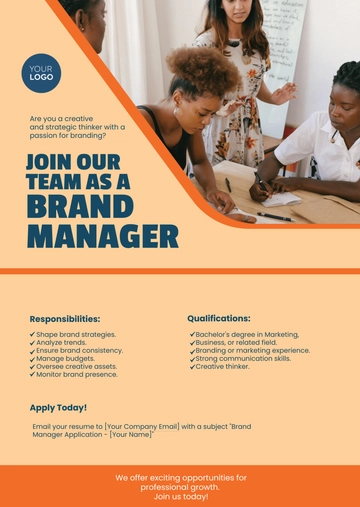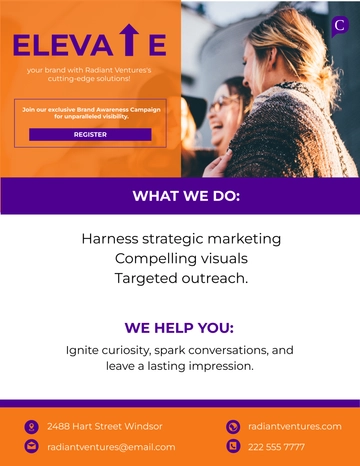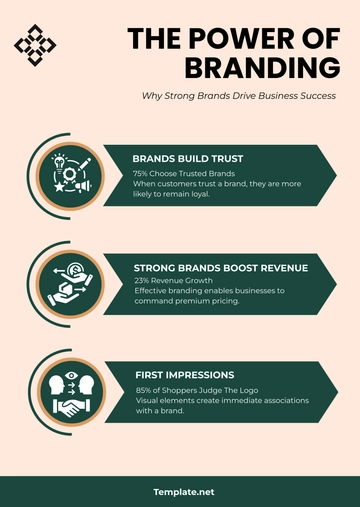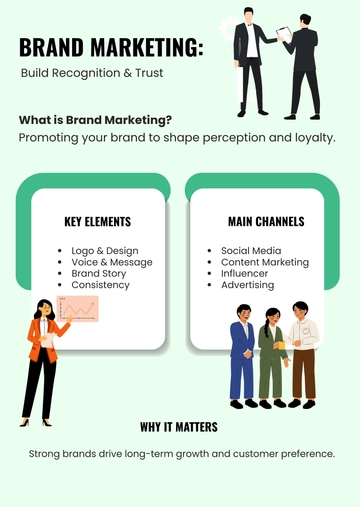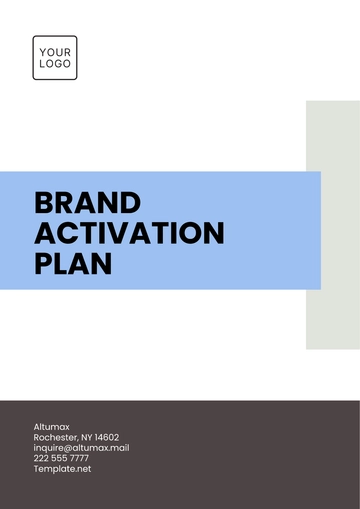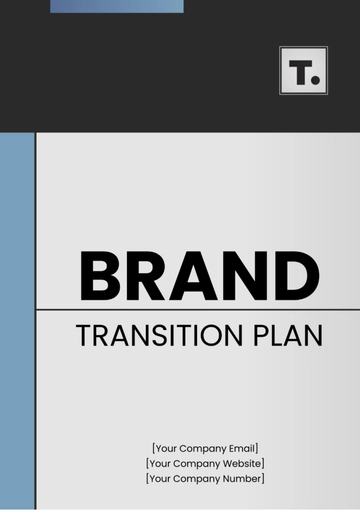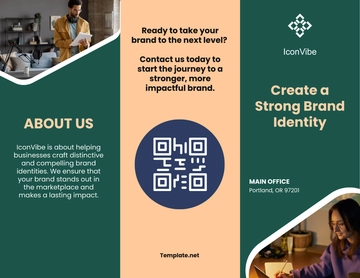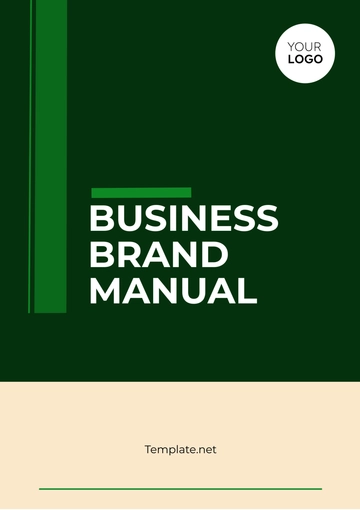Free Personal Branding White Paper

I. Introduction

In today's fiercely competitive job market, simply submitting a resume and cover letter may not be enough to capture the attention of potential employers. As job seekers, it's imperative to proactively establish a strong personal brand that sets you apart from other candidates. This white paper serves as a detailed guide to help job seekers understand the importance of personal branding and provides actionable strategies to showcase their unique value proposition effectively.
II. Understanding Personal Branding
A. What is Personal Branding?
Personal branding is the process of actively shaping and promoting the way you want to be perceived by others. It involves defining your unique strengths, values, and passions and communicating them consistently across various channels.
B. Why is Personal Branding Important for Job Seekers?
In today's digital age, employers are not just looking for qualifications and experience; they seek candidates who can bring a unique perspective and value to their organization. Personal branding allows job seekers to differentiate themselves, establish credibility, and leave a lasting impression on hiring managers and recruiters.
"The only way to do great work is to love what you do. If you haven't found it yet, keep looking." —Steve Jobs
III. Building Your Personal Brand
A. Define Your Unique Value Proposition
Identify Your Strengths: Conduct a thorough self-assessment to pinpoint your key skills, experiences, and achievements that distinguish you from others in your field.
Craft Your Elevator Pitch: Develop a concise and compelling statement that succinctly communicates your unique value proposition and what sets you apart from other candidates.
B. Establishing Your Online Presence
Optimize Your LinkedIn Profile: Create a professional LinkedIn profile that showcases your skills, accomplishments, and career trajectory. Utilize keywords relevant to your industry to enhance discoverability.
Develop a Personal Website or Blog: Build a professional website or blog to showcase your portfolio, projects, and thought leadership. Regularly update content to demonstrate your expertise and stay relevant in your field.
C. Leveraging Social Media
Choose the Right Platforms: Identify social media platforms frequented by professionals in your industry and establish a presence on them.
Share Valuable Content: Share industry insights, articles, and updates to engage with your network and position yourself as a knowledgeable and trustworthy resource.
Did you know? While most people include images of themselves on their resume, employers don't find it necessary for candidates to include one.
IV. Networking Effectively
A. Networking Strategies
Attend Industry Events: Actively participate in industry-related events, conferences, and networking meetups to expand your professional network.
Utilize Online Platforms: Join relevant LinkedIn groups, forums, and online communities to connect with peers, share insights, and explore job opportunities.
B. Informational Interviews
Request Informational Interviews: Reach out to professionals in your desired field or companies of interest to request informational interviews. Prepare thoughtful questions and seek advice on career development and industry insights.
Build Meaningful Connections: Approach informational interviews as opportunities to establish genuine connections and learn from experienced professionals in your network.
"You are never too old to set another goal or to dream a new dream." —Les Brown
V. Showcasing Your Expertise
A. Creating Content
Write Industry-Related Articles: Share your expertise and insights by writing articles, blog posts, or white papers on topics relevant to your field. Publish your content on platforms like LinkedIn Pulse, Medium, or your personal website.
Demonstrate Thought Leadership: Position yourself as a thought leader by sharing innovative ideas, case studies, and practical solutions to industry challenges.
B. Public Speaking and Webinars
Volunteer for Speaking Engagements: Offer to speak at industry events, conferences, or webinars to showcase your expertise and share valuable insights with a broader audience.
Deliver Engaging Presentations: Prepare well-researched and engaging presentations that highlight your knowledge, experience, and unique perspective.
Your goal is to let people know what you're up to professionally at all times.
VI. Conclusion
In conclusion, personal branding is a powerful tool that job seekers can leverage to differentiate themselves in the competitive job market and attract the attention of potential employers. By defining their unique value proposition, establishing a strong online presence, networking effectively, and showcasing their expertise, job seekers can elevate their job search and position themselves as top candidates in their field. Start investing in your personal branding today to unlock new opportunities and advance your career journey.
- 100% Customizable, free editor
- Access 1 Million+ Templates, photo’s & graphics
- Download or share as a template
- Click and replace photos, graphics, text, backgrounds
- Resize, crop, AI write & more
- Access advanced editor
Enhance your personal brand with ease using Template.net's Personal Branding White Paper Template. Tailor your narrative effortlessly with this customizable and editable template. Crafted to streamline your branding journey, it empowers you to communicate your story effectively. Utilize our AI Editor Tool to refine every detail, ensuring a polished and professional presentation.

